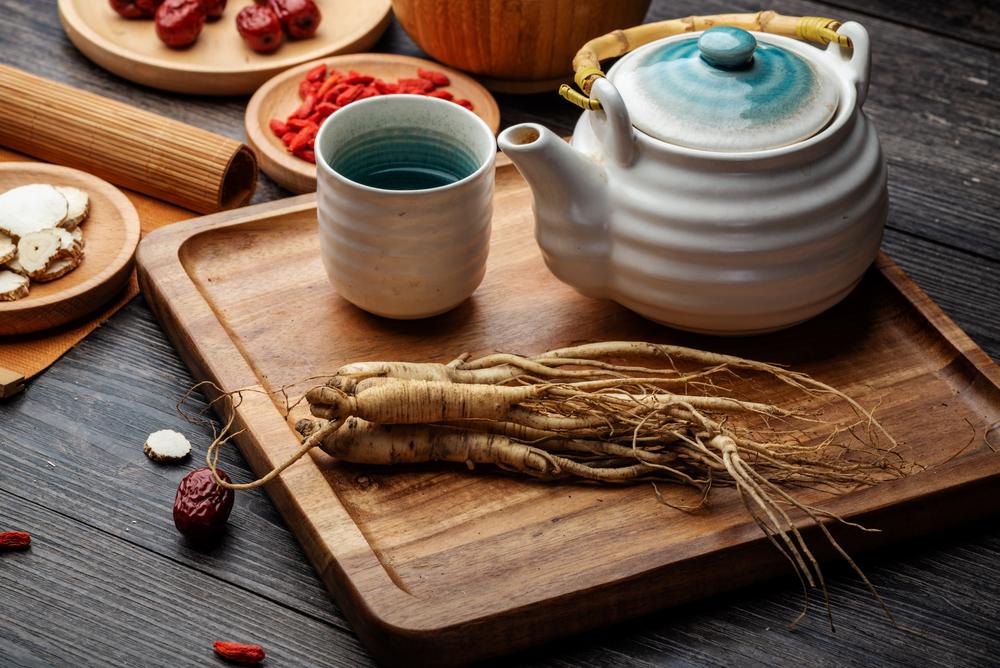A recent South Korean medical study shows that long-term consumption of Korean red ginseng can slow down the rate that HIV reaches more advanced stages.
The study was conducted by a research team led by Professor Cho Young-gul from the Microbiology Department of the University of Ulsan’s Asan Medical Center in Seoul. It followed 146 HIV patients for 10 years and found that a consistent intake of Korean ginseng (also known as red ginseng) can delay the rate HIV weakens the patient’s immune system.






